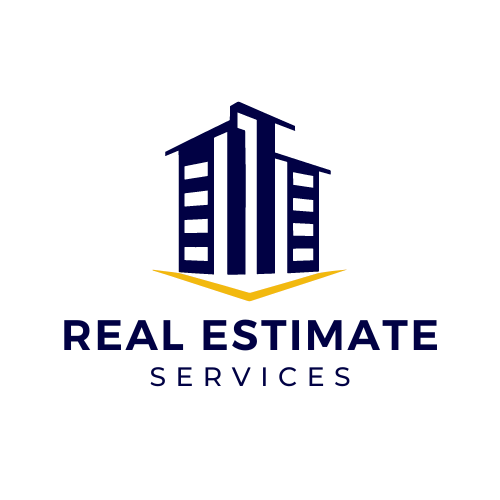Estimating the cost of concrete is a crucial step in planning any construction project. Whether you’re working on a small residential project or a large commercial build, accurate cost estimation ensures that your project stays within budget. This guide will walk you through the best practices and key factors to consider when performing concrete cost estimation.
Understanding Concrete Cost Estimation
Concrete cost estimation involves calculating the total expenses associated with the concrete work in a construction project. This process includes assessing material costs, labor, equipment, and any additional services required. To achieve an accurate estimate, it’s essential to consider all relevant factors and potential variables.
Key Factors in Concrete Estimation
1. Material Costs
The primary component of concrete is the mix of cement, sand, gravel, and water. The cost of these materials can vary based on location, supplier, and the specific mix design required for your project. Additionally, the volume of concrete needed will directly impact the overall cost. Be sure to include any additives or reinforcements, such as rebar or mesh, in your estimate.
2. Labor Costs
Labor costs can significantly influence your concrete cost estimation. These costs include the wages of workers who will mix, pour, and finish the concrete. Consider the complexity of the project, as intricate designs or challenging environments may require specialized skills and additional labor time.
3. Equipment Costs
Concrete work often requires specialized equipment such as mixers, pumps, and finishing tools. The cost of renting or purchasing this equipment should be factored into your estimate. Additionally, equipment maintenance and transportation costs should be included in the total.
4. Site Preparation
Before concrete can be poured, the site must be adequately prepared. This preparation may involve excavation, grading, and the installation of forms or sub-base materials. Each of these tasks incurs additional costs, which should be carefully calculated and added to your estimate.
5. Waste and Overages
It’s important to account for potential waste and overages in your concrete cost estimation. This factor includes extra materials needed to accommodate spillage, errors, or variations in the project. Typically, it’s wise to order 5-10% more concrete than the calculated volume to cover these contingencies.
6. Project Complexity
The complexity of the project can also affect the cost. For example, projects with complex shapes, patterns, or finishes may require more time, materials, and labor, driving up the overall cost. Be sure to assess the project’s complexity early in the estimation process.
Steps to Create an Accurate Concrete Estimate

1. Determine the Volume of Concrete Needed
Measure the dimensions of the area where you’ll pour the concrete to calculate the total volume required. Use the formula: Length x Width x Depth to determine the cubic yards or meters needed.
2. Gather Material Costs
Contact local suppliers to get current prices for cement, sand, gravel, and any additives. Multiply these costs by the volume required to get the total material cost.
3. Estimate Labor Costs
Consult with contractors or use industry-standard labor rates to estimate the total labor cost. Include any overtime, benefits, or additional charges for specialized work.
4. Include Equipment Costs
Determine the cost of renting or purchasing the necessary equipment. Don’t forget to add in maintenance, transportation, and operator fees.
5. Factor in Site Preparation
Estimate the costs associated with site preparation, including excavation, grading, and form installation.
6. Add a Contingency for Waste
Add a contingency amount to cover potential waste and overages. This step helps ensure you don’t fall short of materials during the project.
7. Calculate the Total Estimate
Add up all the costs to get the total concrete cost estimate. Review the estimate carefully to ensure all aspects of the project are covered.
Conclusion: The Importance of Accurate Concrete Estimation
Accurate concrete cost estimation is essential for the successful completion of any construction project. By considering all the key factors and following a systematic approach, you can create a reliable estimate that helps keep your project on track and within budget. Always double-check your calculations and stay informed about market prices to avoid unexpected expenses.
By investing time and effort into the estimation process, you set the foundation for a successful and cost-effective construction project.

